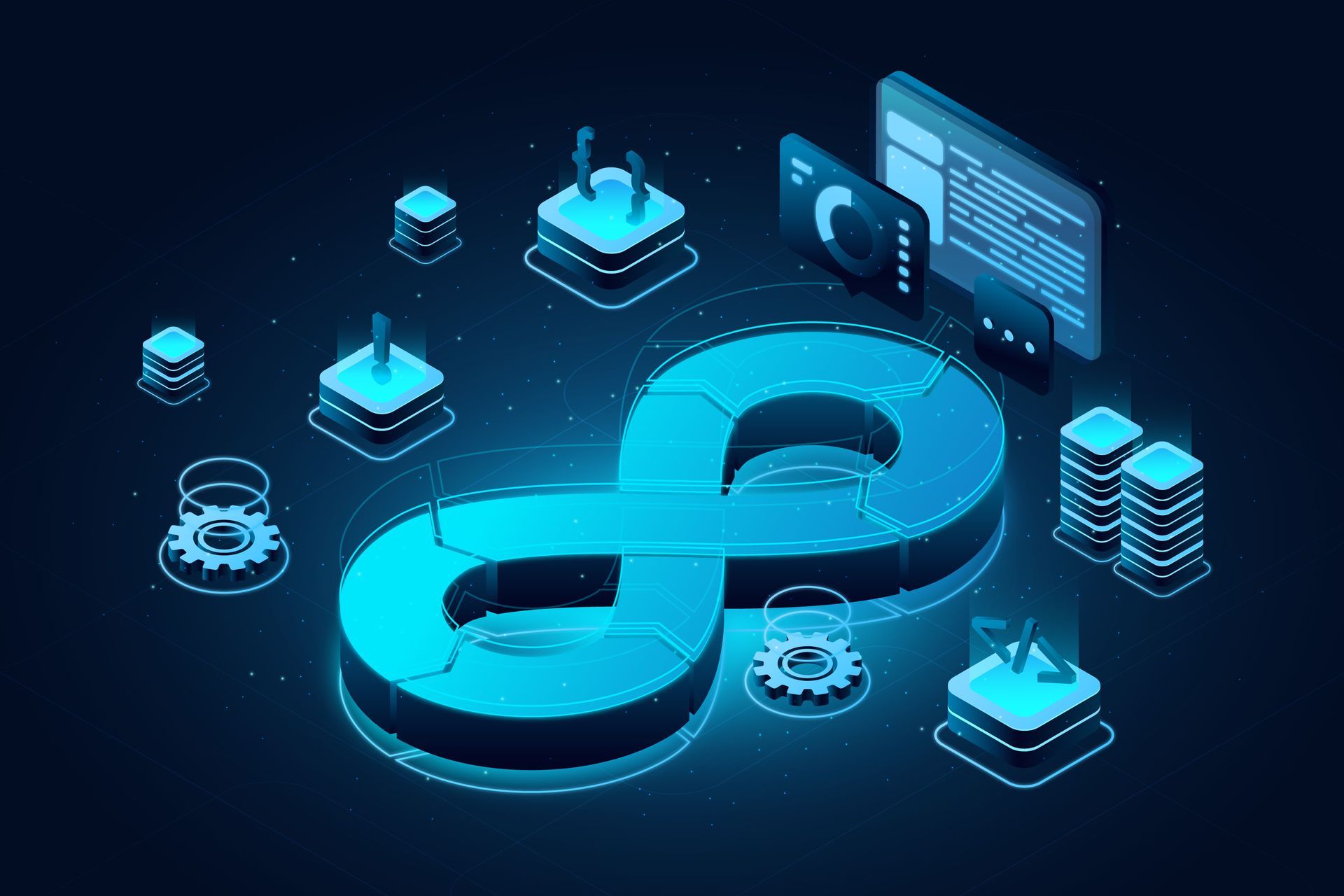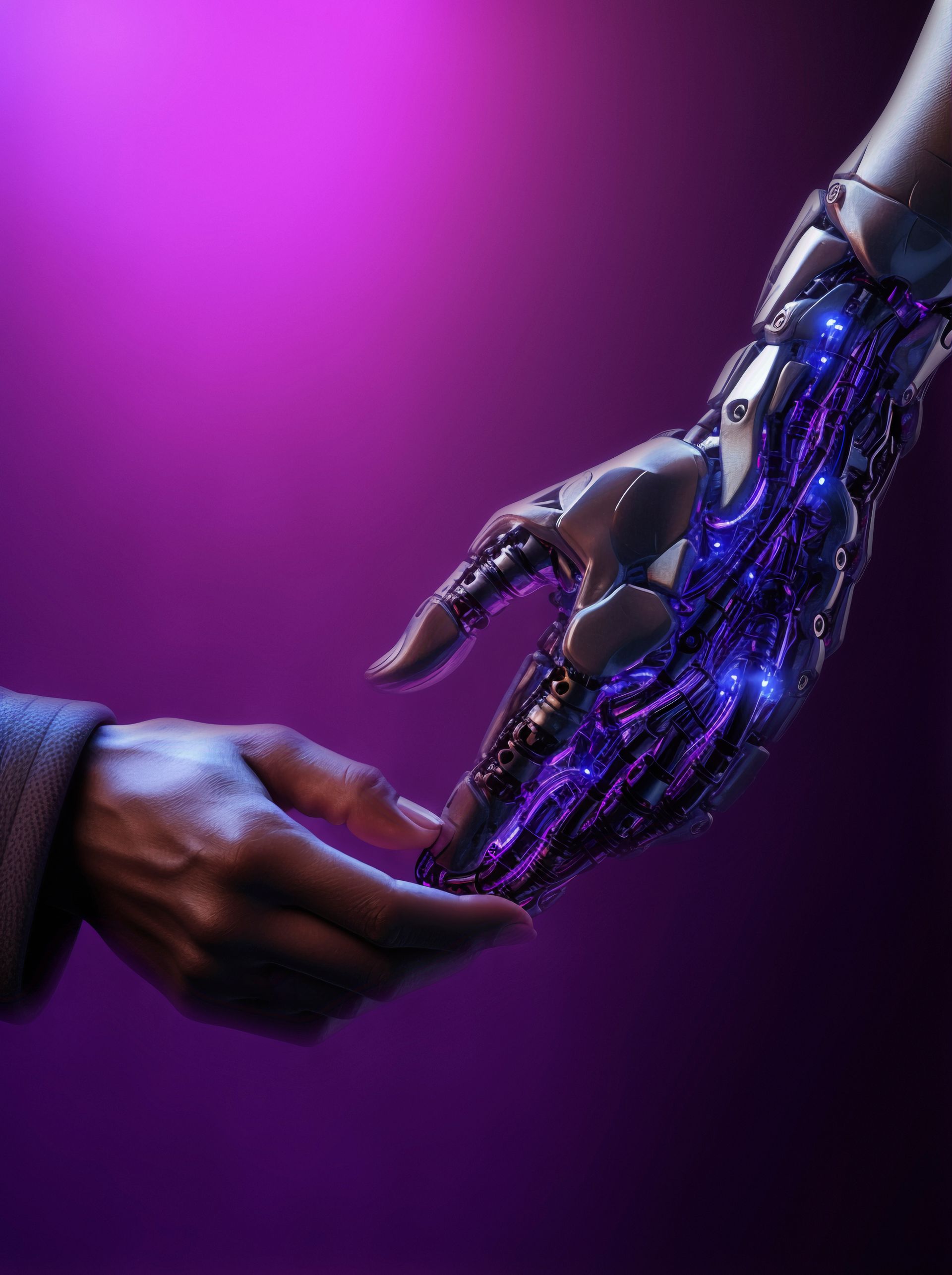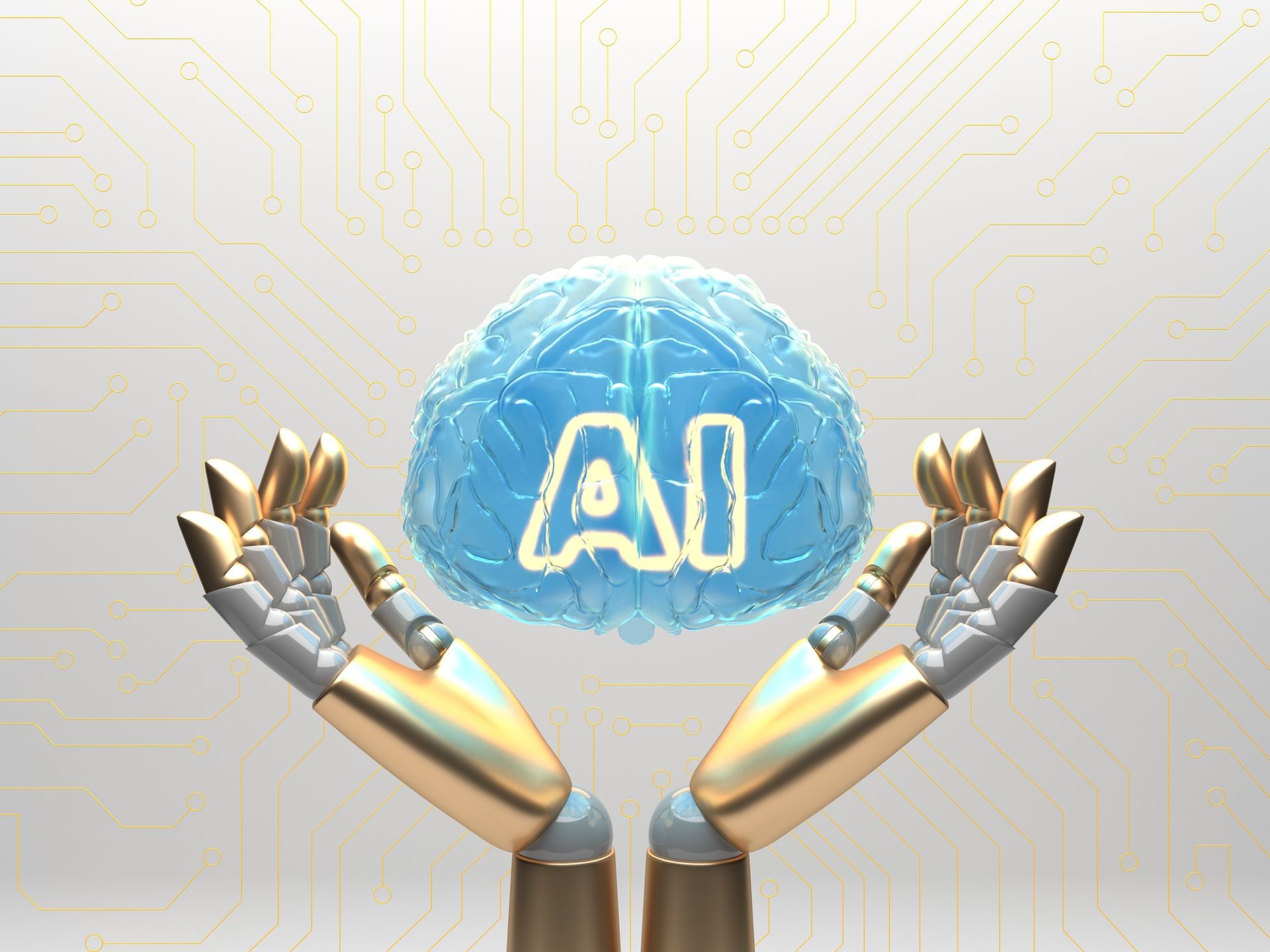Modern Software Delivery- DevOps, SRE and Platform Engineering
DevOps, Site Reliability Engineering, and Platform Engineering: Understanding the Evolving Foundations of Modern Software Delivery

In the vast landscape of modern software engineering, three interrelated disciplines—DevOps, Site Reliability Engineering (SRE), and Platform Engineering—have emerged as key organizational philosophies and technical approaches to delivering robust, scalable, and reliable software at speed. While their goals often appear closely aligned, and their practitioners frequently collaborate within the same organizations, each discipline brings distinct principles, skill sets, and operational models to the table. Understanding their nuanced differences and how they intersect is essential for engineering teams looking to accelerate software delivery, improve system stability, and streamline developer experience.
The Historical Context: Beyond Silos and Extended Release Cycles
For decades, traditional software delivery was characterized by siloed teams: developers wrote code, operations teams deployed it, and quality assurance attempted to ensure stability and performance. The friction, miscommunication, and long wait times associated with these hand-offs slowed down innovation and risked introducing defects into production. As digital businesses demanded faster, more reliable shipping of features, the industry responded with new approaches:
- DevOps, born from the principles championed at conferences like Velocity and movements like CAMS (Culture, Automation, Measurement, Sharing), aimed to break down organizational silos and make development and operations a unified, continuous cycle.
- SRE, pioneered at Google, took operations best practices and formalized them with engineering rigor, emphasizing reliability as a first-class feature.
- Platform Engineering, a more recent evolution, focuses on building and maintaining an internal developer platform that streamlines the developer experience and encourages self-service, allowing teams to ship code more efficiently.
DevOps: Culture, Collaboration, and Continuous Delivery
Key Tenets:
- Cultural Shift: DevOps is often described as more of a cultural and organizational philosophy than a strict job title or role. It encourages cross-functional collaboration, continuous improvement, and shared responsibility for the software lifecycle.
- Automation and Tooling: Automating everything—from builds and deployments to testing—removes bottlenecks. Continuous Integration/Continuous Delivery (CI/CD) pipelines are central to this movement.
- End-to-End Ownership: The boundary between “development” and “operations” blurs as engineers gain exposure and responsibility for the full system lifecycle, from initial design to production monitoring.
Role in the Organization:
DevOps practitioners often sit at the intersection of development and operations teams, championing practices, facilitating cultural shifts, and implementing automation tools. While job titles like “DevOps Engineer” have become common, the essence of DevOps lies in collaboration and a shared sense of accountability rather than in creating a new silo.
Impact and Challenges:
DevOps transformed how organizations think about shipping software. Companies now aim to deliver features quickly, continuously, and with less overhead. However, without careful guidance, the term “DevOps” can become diluted—some organizations label their old operations teams “DevOps” without changing their processes or culture, missing out on the philosophy’s true advantages.
Site Reliability Engineering (SRE): Engineering Operations for Reliability
Key Tenets:
- Reliability as a Core Feature: SRE reframes reliability, availability, and performance as engineering problems rather than operational afterthoughts. By applying software engineering principles to infrastructure and operations, SRE aims to ensure that systems are both highly reliable and continuously evolving.
- Service Level Objectives (SLOs): Central to SRE are quantifiable targets for availability, latency, and other critical metrics. SLOs guide decision-making, inform error budgets, and influence how teams balance releasing new features with maintaining system stability.
- Reducing Toil: SRE encourages minimizing repetitive, manual work—known as toil—through automation and tooling. The goal is to free engineers to focus on strategic improvements rather than perpetual firefighting.
Role in the Organization:
SREs often partner closely with application developers, but their focus is on reliability and operational excellence. They write code to optimize system performance, build robust monitoring and alerting frameworks, and ensure that the organization’s reliability targets are met. They often serve as guardians of production, bridging development insight with operational stability.
Impact and Challenges:
SRE, popularized by Google and adopted widely across tech giants, offers a formalized framework for marrying operations and engineering disciplines. It addresses a central tension—how to move fast without breaking things. However, implementing SRE principles requires an organizational commitment to measuring and prioritizing reliability. Some teams struggle to define meaningful SLOs or fail to adequately empower SREs to drive systemic improvements.
Platform Engineering: Building the Internal Developer Experience
Key Tenets:
- Self-Service Infrastructure: Platform Engineering is about creating an Internal Developer Platform (IDP) that abstracts away infrastructure complexity. Engineers get a “golden path” to production, with pre-approved tools, templates, and services that allow them to focus on coding business logic instead of wrestling with operational details.
- Product Mindset for Internal Tools: Unlike traditional ops teams that may provide ad-hoc environments, Platform Engineering teams treat the internal platform as a product. They solicit feedback, iterate on features, and measure developer satisfaction.
- Consistency and Efficiency: By standardizing deployment pipelines, observability stacks, and environment provisioning, Platform Engineering reduces cognitive load on developers and ensures consistent, secure, and compliant configurations across projects.
Role in the Organization:
Platform Engineers work behind the scenes to develop and maintain the organization’s platform—this could mean curating a Kubernetes-based infrastructure, a robust CI/CD system, or a unified secrets management solution. By providing a self-serve interface to these services, Platform Engineering frees product teams to innovate rapidly.
Impact and Challenges:
When done well, Platform Engineering can dramatically improve developer productivity and reduce the learning curve for deploying and managing microservices at scale. However, teams must carefully balance abstraction with flexibility—overly opinionated platforms can lead to frustration if engineers feel constrained or if the platform becomes a bottleneck.
Comparing and Contrasting the Three Disciplines
Focus and Outcomes:
- DevOps: Emphasizes cultural alignment, continuous delivery, and collaboration across traditionally siloed domains. Outcome: Faster, more frequent, and more reliable releases driven by shared ownership.
- SRE: Prioritizes system reliability, measurable SLOs, and reducing operational toil through engineering efforts. Outcome: High-trust, stable systems where reliability isn’t an afterthought but a deliberate, quantifiable goal.
- Platform Engineering: Focuses on improving the internal developer experience through self-service platforms and productized internal tools. Outcome: Enhanced developer productivity, consistent environments, and a streamlined path to production.
How They Intersect:
- DevOps and SRE: SRE can be seen as a specialized, metrics-driven implementation of DevOps principles with an explicit focus on reliability. While DevOps sets the cultural and process framework, SRE provides the rigor and engineering approach to ensure that the fast iteration pipeline doesn’t compromise stability.
- DevOps and Platform Engineering: Platform Engineering provides the necessary tooling and standardization that DevOps teams often aspire to. DevOps-driven organizations frequently invest in platform capabilities to ensure that continuous integration and delivery run smoothly and that developers have the tools they need.
- SRE and Platform Engineering: SRE and Platform Engineering teams often collaborate to bake reliability features and best practices directly into the internal platforms. For instance, an SRE might define the observability stack and reliability guardrails, while a Platform Engineer integrates these tools into the developer platform, ensuring that every newly created service inherits these capabilities by default.
Choosing the Right Approach for Your Organization
In practice, most mature engineering organizations blend aspects of DevOps, SRE, and Platform Engineering. Rather than seeing them as competing frameworks, it’s more effective to view them as complementary. Your journey might look like this:
- Start with DevOps: Embrace a culture of collaboration and continuous delivery. Remove the “wall” between dev and ops.
- Add SRE Practices: As you scale, define clear SLOs, introduce error budgets, and invest in automation to enhance reliability.
- Invest in Platforms: Once your teams are aligned and reliable practices are in place, build or refine your internal developer platform to accelerate productivity, reduce cognitive load, and streamline operations.
Of course, not every organization needs a dedicated SRE team or a fully fleshed-out Platform Engineering function. The key is to identify pain points—too much toil in operations, inconsistent deployment pipelines, slow feedback loops—and introduce the principles and practices that address them.
Conclusion: A Convergence Toward Engineering Excellence
NThe modern software landscape demands speed, reliability, and developer happiness—no small feat. DevOps broke ground by tearing down silos and enabling continuous delivery. SRE elevated reliability into a measurable, engineer-driven discipline. Platform Engineering took those foundations and created a supportive internal ecosystem that streamlines development.
Together, these philosophies and practices represent a shift away from isolated roles and toward integrated, engineering-centric approaches to building and running software. By understanding the nuances of DevOps, SRE, and Platform Engineering, today’s software leaders can architect organizations and workflows that not only deliver features faster, but also uphold the standards of reliability and scalability that define industry leaders. The future lies not in picking one over the other, but in skillfully weaving together their principles to shape a software delivery engine that can thrive in an increasingly complex and demanding digital world.
Register now at www.godasummit.com/tickets and be part of the movement that's shaping the future.
Contact Information
GODA SUMMIT PR
Email:
pr@godasummit.com
Phone: +44 20 4547 5894
Connect with us @GODA SUMMIT on LinkedIn to continue the discussion
Event Information and Registration
Visit:
www.godasummit.com
Join the Conversation
Follow us on social media for the latest updates:
LinkedIn:
GODA-SUMMIT
Twitter (X): @GODASummit | #GODASummit2025
Facebook: GODASummit
Instagram: @GODASummit
















